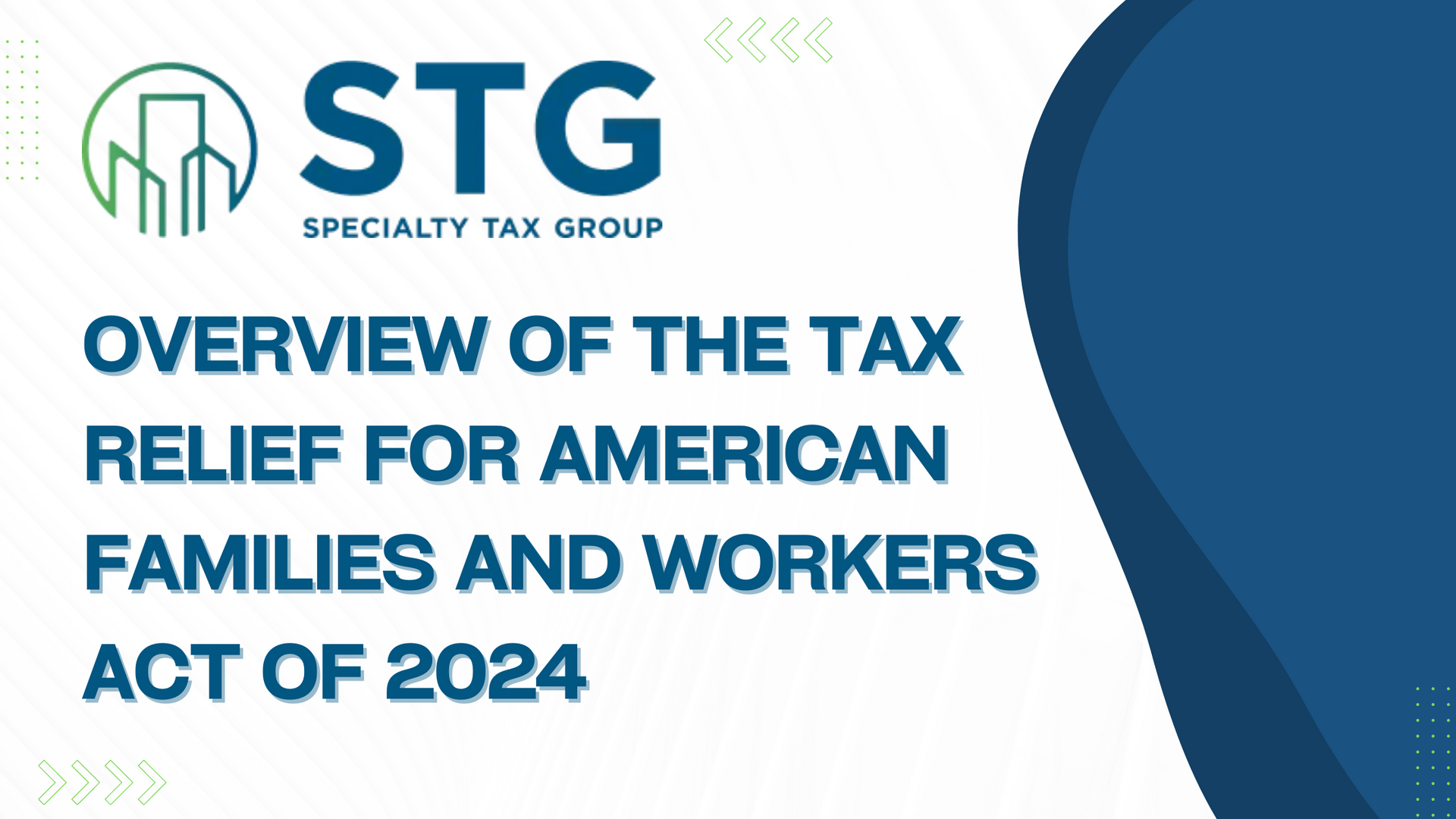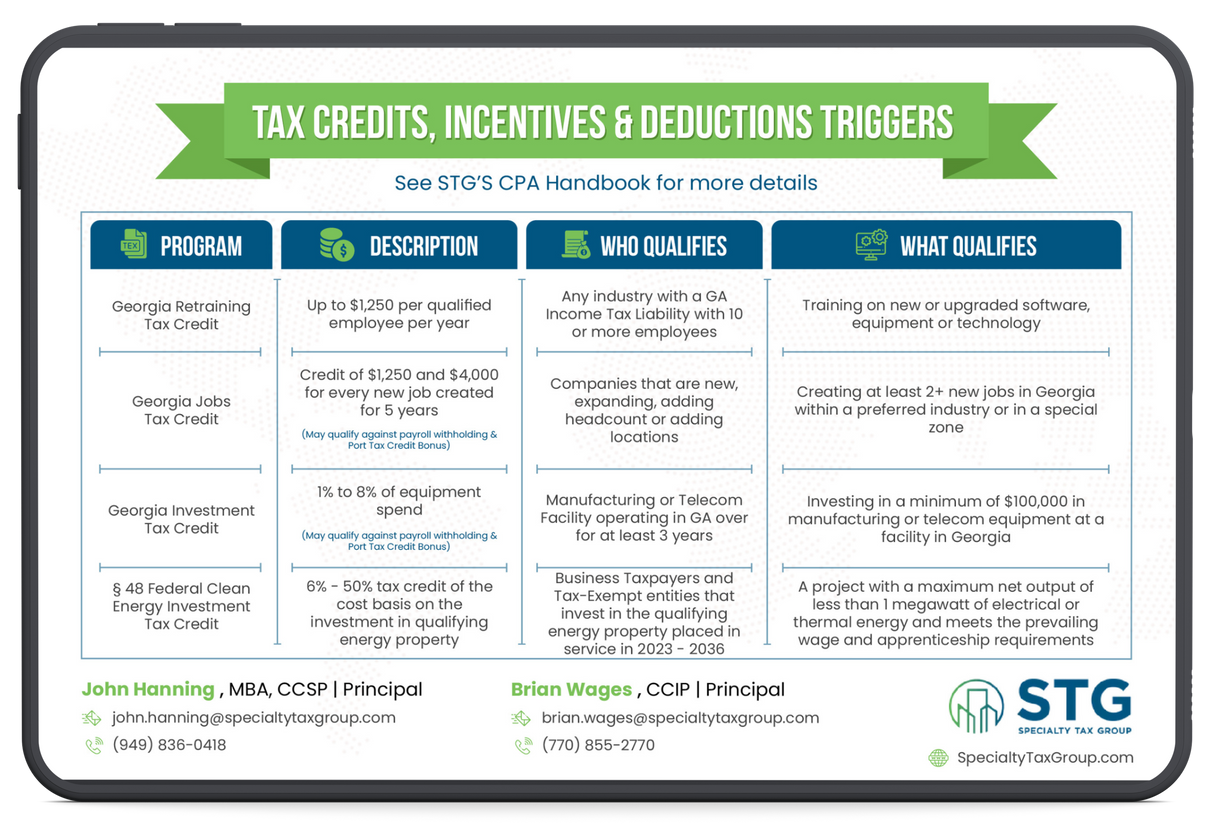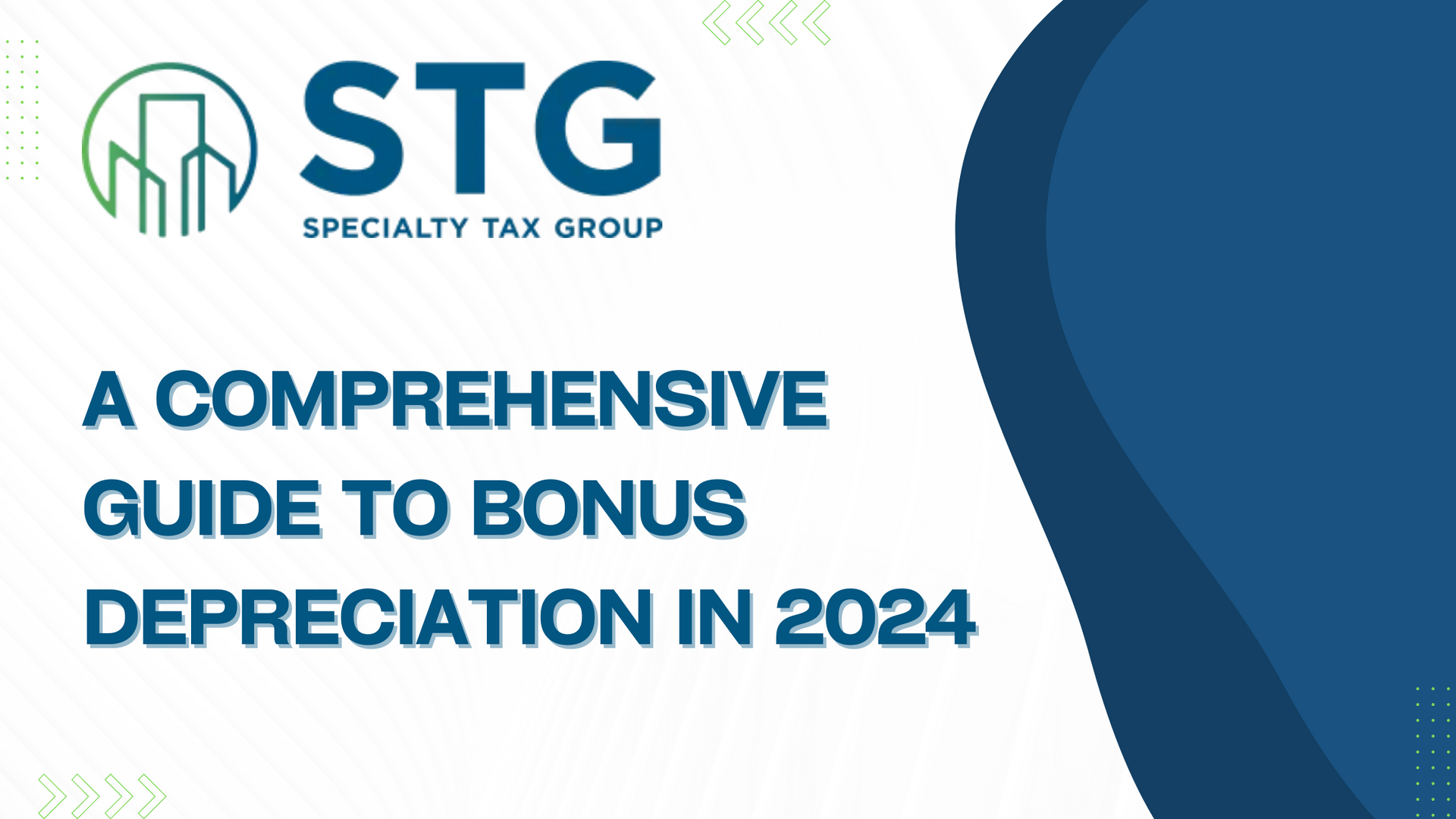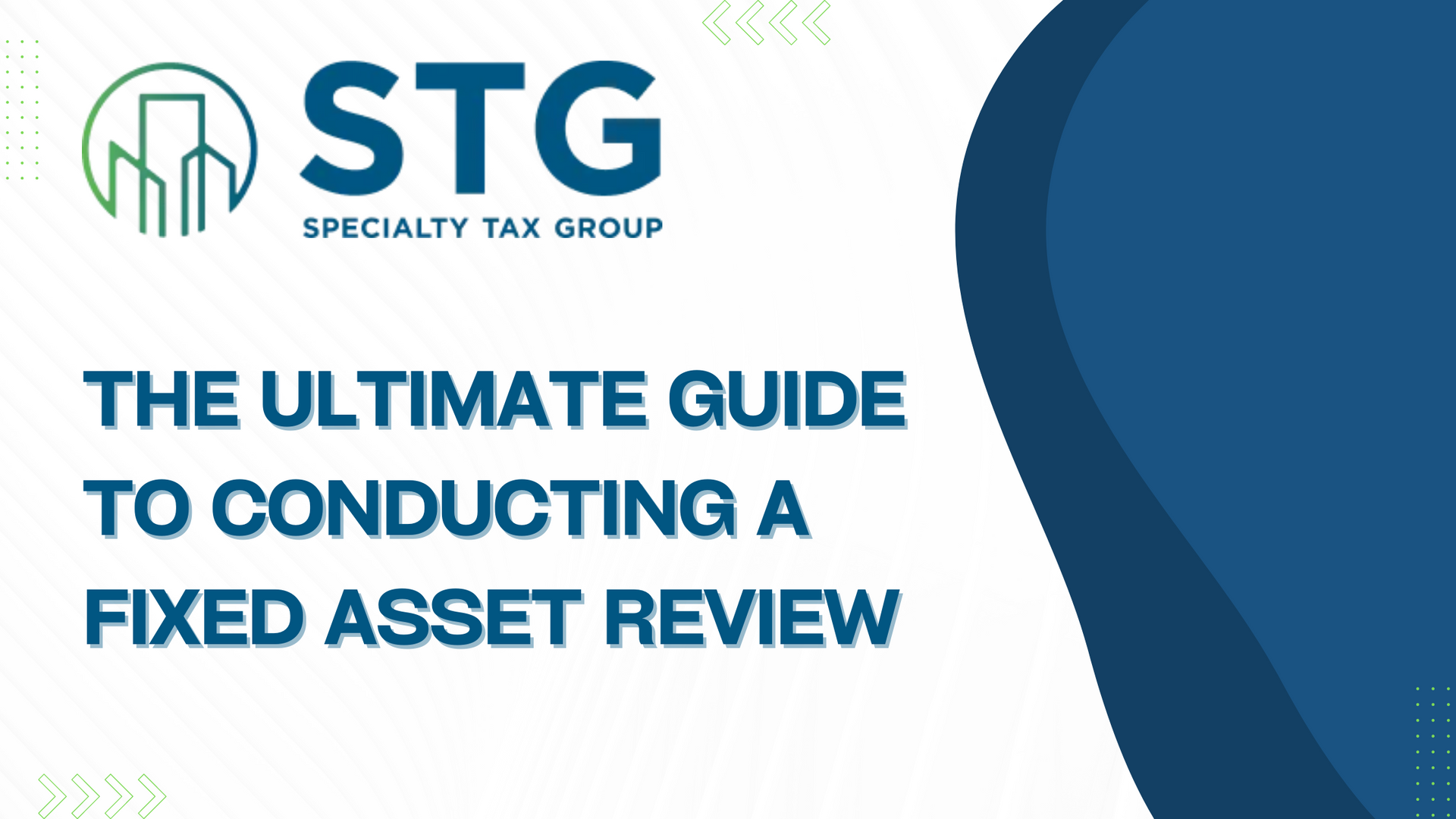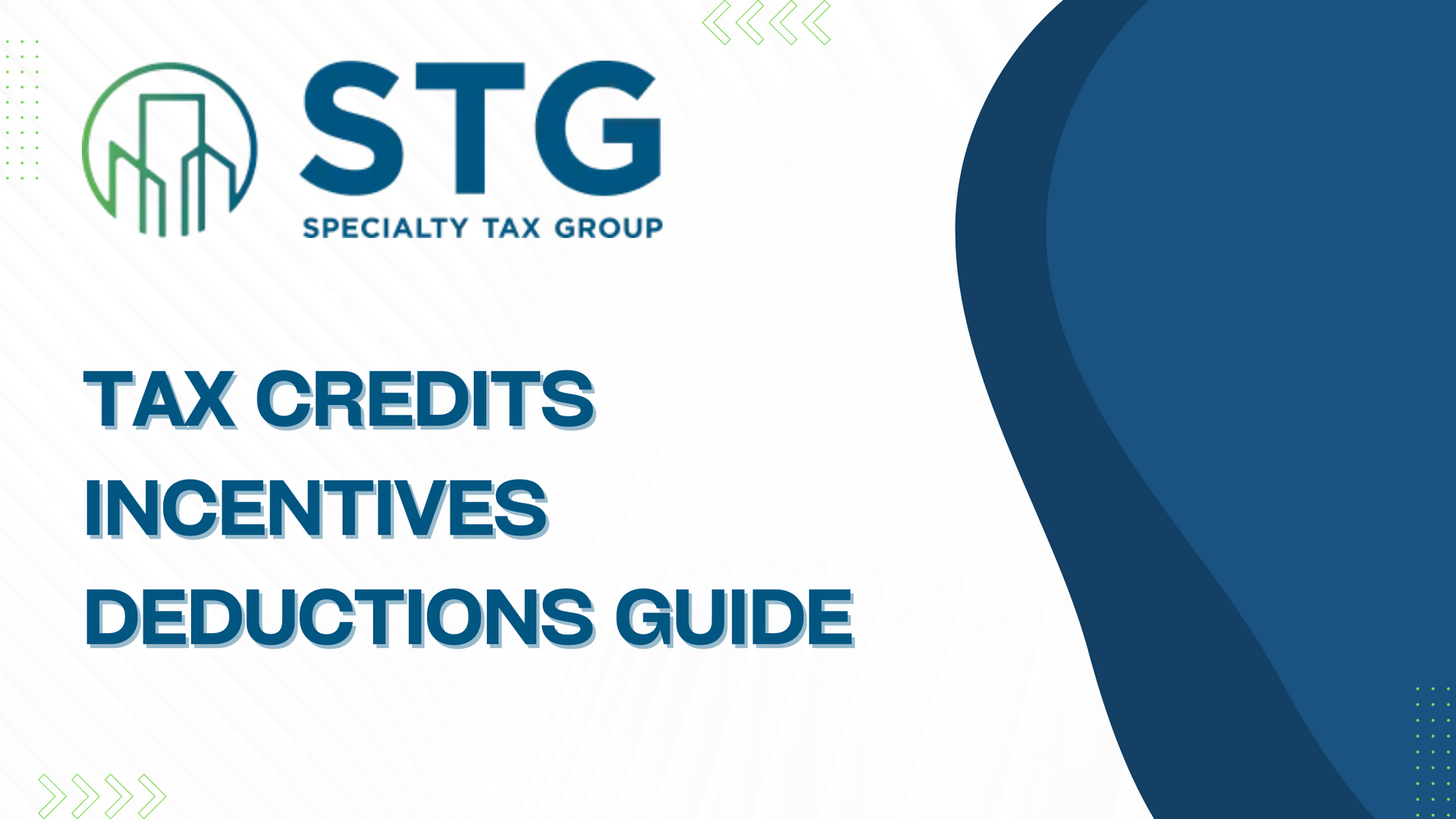This blog post has been researched, edited, and approved by John Hanning and Brian Wages. Join our newsletter below.
Newsletter Form
Thank you for joining our newsletter. We will email you the latest updates every other Thursday at 12pm.
Please try again later.
On January 16, 2024, the United States Senate Committee on Finance and the United States House Committee on Ways and Means, Senate Finance Committee jointly announced: “a commonsense, bipartisan, bicameral tax framework that promotes the financial security of working families, boosts growth and American competitiveness, and strengthens communities and Main Street businesses.”
The Proposed Act, known as The Tax Relief for American Families and Workers Act of 2024, presents a plan to reinstate expired benefits for businesses and enhance the child tax credit for low-income families. Additionally, it encompasses provisions for disaster relief and other tax relief measures.
Congress aims to pass this legislation, which amounts to approximately $100 billion in tax breaks, within the coming weeks before the start of the tax season on January 29, 2024. Certain aspects of the bill will have retroactive effects. To finance these tax breaks, the proposed framework suggests discontinuing new claims for the COVID-19 era employee retention credit program after January 31, 2024.
THE HIGHLIGHTS
Supports Working Families with an Enhanced Child Tax Credit
- Expands access to the child tax credit: phased increase to the refundable portion of the child tax credit for 2023, 2024, and 2025.
- Eliminates the penalty for larger families, allowing the child tax credit phase-in to be available to families with multiple children.
- Provides a one-year income lookback, creating flexibility for taxpayers to use either current or prior-year earned income to calculate the child tax credit in 2024 or 2025.
- Indexes the tax credit for inflation starting in 2024.
Expands Innovation and Competitiveness with Pro-Growth Economic Policies
- Extension of 100 Percent Bonus Depreciation: Provides for full and immediate expensing for investments in machines, equipment, and vehicles by extending the 100% bonus depreciation provision generally through 2025 and by increasing the Section 179 expensing allowance beginning in 2024.
- Deduction for Research and Experimental Expenditures: Retroactively allows an immediate deduction for research & development (R&D) expenditures, allowing businesses of all sizes to immediately deduct the cost of their U.S.-based R&D investments. The bill delays, rather than eliminates, the requirement to capitalize and amortize U.S. based R&D until 2026. The provision does not change current requirements for non-U.S. based research activities.
- Extension of Allowance for Depreciation, Amortization, or Depletion in Determining the Limitation on Business Interest: Retroactively expands the ability to deduct business Interest expense by allowing depreciation and amortization deductions in the computation of adjusted taxable income through 2025. The provision for 2022 and 2023 is elective.
Increases Global Competitiveness
- Provides relief for the current double taxation on U.S. – Taiwan cross-border investment. Promoting a reduced rate of withholding tax would apply to certain income from U.S. sources received by qualified residents of Taiwan, such as interest, dividends, royalties, and certain other comparable payments, such as dividend equivalent amounts.
Provides Disaster Relief
- Extends previous rules for qualified disaster-related personal casualty losses, including eliminating the requirement that casualty losses must exceed 10% of adjusted gross income (AGI) to qualify for the deduction, requiring losses to exceed $500 per casualty to be deductible, and allowing taxpayers to claim the casualty loss deduction “above the line,” i.e., without itemizing their deductions.
- Provides exclusions from gross income for payments for losses or damages resulting from certain wildfires and the East Palestine, Ohio train derailment.
Targets Affordable Housing
- Restores the Low-Income Housing Tax Credit ceiling to 12.5% from 9% for calendar years 2023 through 2025.
- Reduces tax-exempt bond financing requirements.
Ends the Employee Retention Tax Credit Program
- Accelerates the deadline for filing claims under the COVID-era employee retention tax credit program to January 31, 2024. Additionally, this section increases the penalty for aiding and abetting the understatement of a tax liability by a COVID-ERTC promoter. Promoters will be required to file return disclosures and provide lists of clients to the IRS upon request.
The current form of the framework does not ensure that the proposed legislation will successfully pass through both the House and Senate, and there is no guarantee that the President will sign it. Specialty Tax Group will continue to monitor the situation and provide updates on the status as we draw closer to the deadline date of January 29, 2024, when these provisions are potentially enacted into law.
Start Your Journey Towards Tax Efficiency
We invite you to take the next step in maximizing your investment. For more information on how our Credit & Incentive Services can benefit your business, or to schedule a consultation, reach out to Specialty Tax Group today. Embrace the opportunity to enhance your property's financial performance and embark on a journey towards optimal tax efficiency.
2024 Tax Guide
Ready For A Conversation?
Contact us today and our friendly team will reach out as soon as possible.
Our Recent Posts
Read Our Blogs
All Rights Reserved | Specialty Tax Group | Powered by Automationlinks | Privacy Policy

